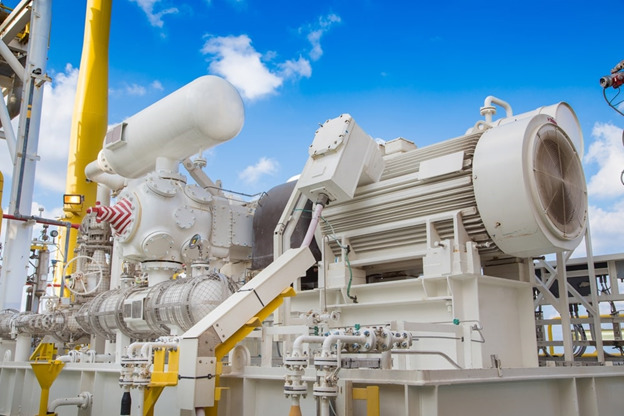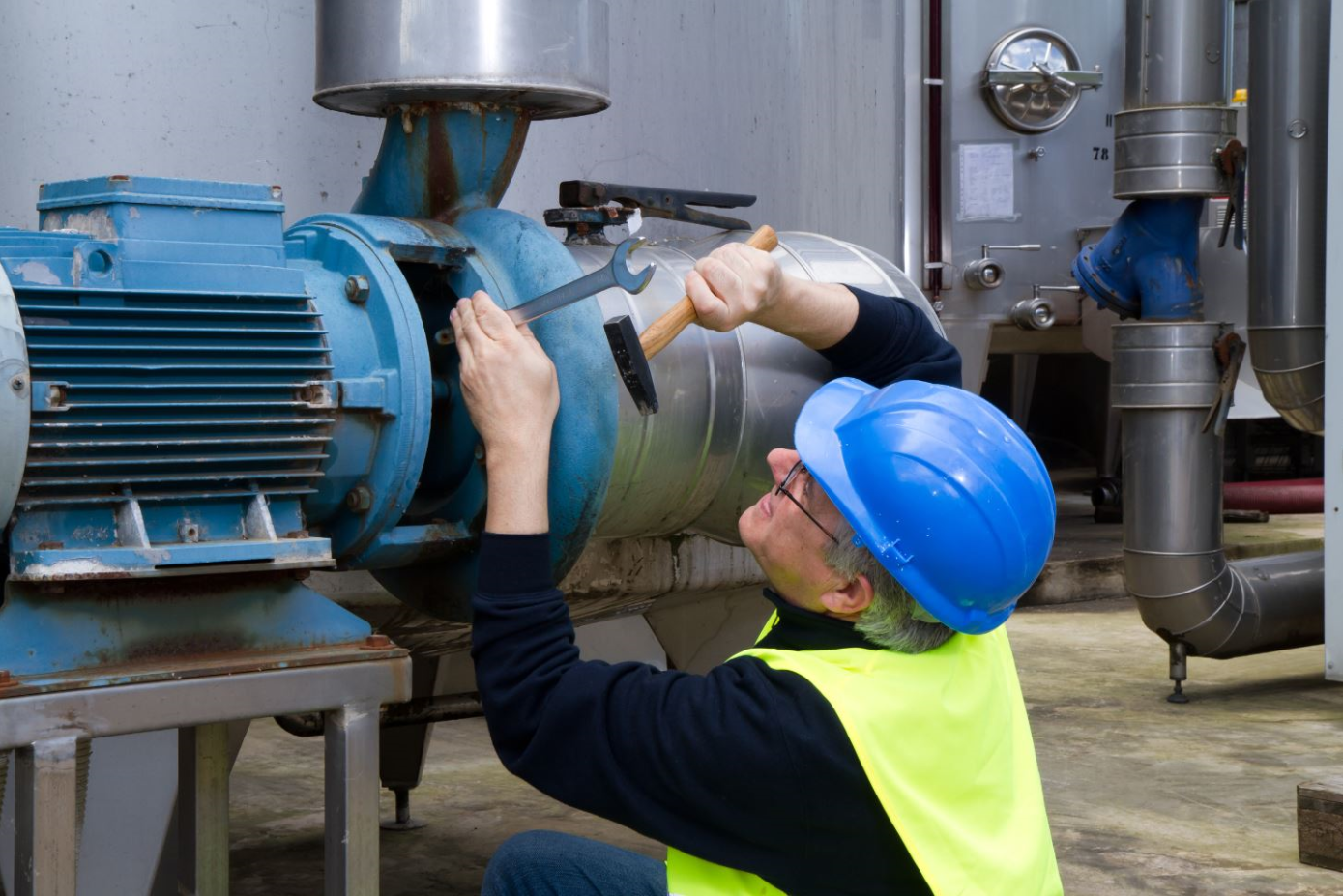

This course is very relevant for technical engineers and professionals who handle and are responsible for their organizations’ pumps and systems; as well as the overall smooth operations and processes of their organizations’ plants and machineries.
The expert will suggest ideas and theories to the delegates and then encourage them to test out the ideas by the use of:
• Discussion
• exercises
• Case studies & DVDs
• group exercisess
• examples
Day 1
Day 2
Day 3
Day 4
Day 5
CDGA attendance certificate will be issued to all attendees completing minimum of 80% of the total course duration.
| Code | Date | Venue | Fees | Register |
|---|---|---|---|---|
| MI105-02 | 27-04-2026 | Istanbul | USD 5950 | |
| MI105-03 | 05-07-2026 | Manama | USD 5450 | |
| MI105-04 | 26-10-2026 | Kuala-Lumpur | USD 4950 |

The over-riding aim of the pump and system training course is to reduce the costs associate with owning and running pumps. Organizations spend millions running and repairing pumps. Nine out of ten pum ...

This five days course will introduce delegates to the different types of pumps and their associated terminology. Centrifugal pumps theory of operation and main components will all be discussed. The ap ...
Providing services with a high quality that are satisfying the requirements
Appling the specifications and legalizations to ensure the quality of service.
Best utilization of resources for continually improving the business activities.
CDGA keen to selects highly technical instructors based on professional field experience
Since CDGA was established, it considered a training partner for world class oil & gas institution
3012, Block 3, 30 Euro Business Park, Little Island, Co. Cork, T45 V220, Ireland
Mon to Fri 09:00 AM to 06:00 PM
Contact Us anytime!
Request Info